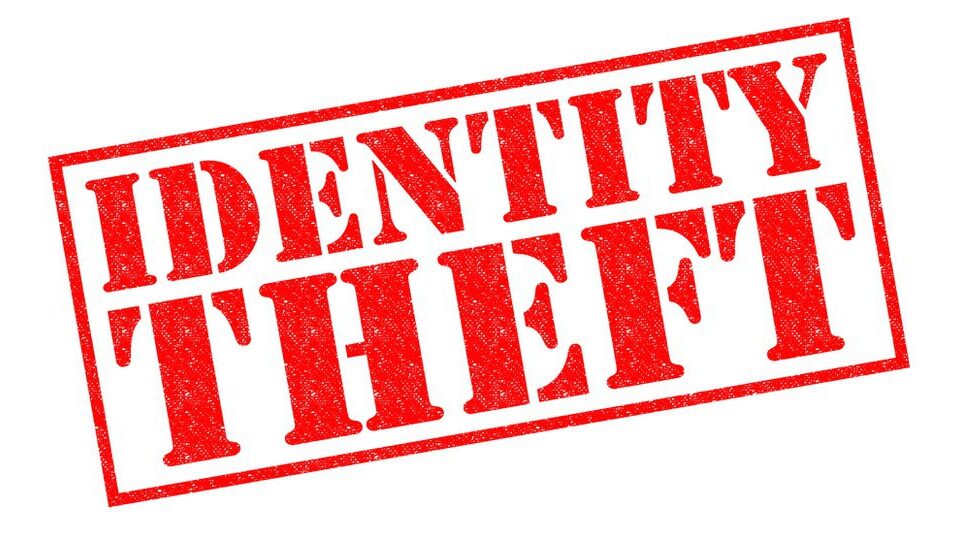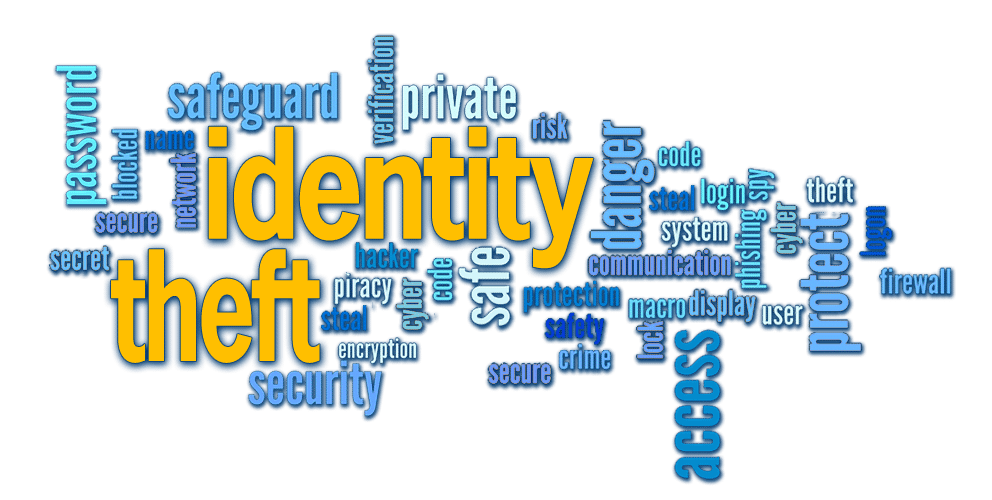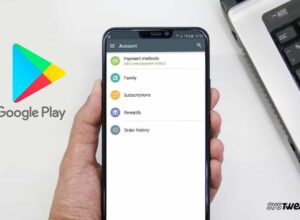The increase in identity theft has become a widespread problem worldwide, and even the US is no exception. This is true from the fact that almost 60 million Americans encountered the horror of identity theft in 2018 alone, this is according to an online survey by The Harris Poll.
As we spend more and more of our lives on the internet, the risk of falling prey to the cybercrime only increase. Your online identity is valuable and using string passwords will ensure it remains protected from thieves and hackers both online and offline.
What is Identity Theft?
Identity theft which is also referred to as identity fraud involved a perpetrator stealing your personal identifiable information (PII), such as credit card details, Social Security Number and using it to their advantage without your knowledge.
What happens when your identity is stolen?
I guess you would be wondering, but unfortunately, no one is safe from the dangers that come with identity theft. It can strike just about anyone at any time. If you have fallen a victim, it can result in damage to your credit score, direct financial loss and also emotional distress.
It can also affect you through missed payments which can come with significant charges and credit impacts, and not mention, IRS penalties if you are combating tax identity theft. Then, there’s also the possibility of losing access to your accounts.
This means that identity thieves would gain access to your private data, selling it to the highest bidder on the dark web for a profit or using it to commit financial fraud. Though, it can take months even years to sort out the mess caused by the thieves, only adding to the already high frustration level.
These are just some of the consequences associated with a stolen identity, and they cause people real pain not only financially but also psychologically and emotionally. A study carried out by the Identity Theft Resources Center shows that 7% of identity theft victim’s contemplated suicide.
How Identity Theft & Password are connected?
For as long as we can remember, username and passwords are the essential means of authenticating people online. In most scenarios, your username is the email address you used to register in a particular platform so obtaining them is not too hard of a task.
Keeping that in mind, the only thing keeping the bad guys from gaining access to your accounts is usually your password. In spite of this, most people don’t understand the great importance of treating their passwords with respect.
Not only do people make the mistake of picking frequently used passwords like “password”, “Qwerty” and “123456”, but also they reuse them across various websites and services which is yet another bad behaviour when it comes to a password.
Though you may not precisely mind having your Quora profile getting jacked, the results could be potentially devastating if the password that opened it also allows the thief to get into your online banking account.
How to Create Strong Passwords?
Now that you finally understand the seriousness that comes with identity theft and how choosing a weak password can leave you vulnerable to this type of cybercrime, let us go through some simple yet useful tips on creating strong passwords:
The Longer, the Better
First, you need to know that the passwords you select should be long enough to make it very hard for hackers to break through them. Therefore, am for at least 12 characters because the more combinations of the password, the more time it’ll take to crack.
Complexity Is Essential
To create un-crackable passwords, you must also make them complicated to guess. This can be done by including symbols, lowercase and uppercase letters even numbers. If your password is a phrase, capitalise the first letter of each word for some added complexity.
Focus on Unpredictability
Try to avoid using easily discoverable information in your passwords, such as your date of birth or High School’s name. Additionally, it is crucial not to use predictable words or make any reference to favourite TV shows or movies.
Must be Unique
As mentioned earlier, using the same password for multiple accounts is one of the riskiest things to do when it comes to the internet. Be sure only to use one password for one account and always make sure you keep them is a safe place by using a secure password manager like Passpack or LastPass can prove useful here!
In Conclusion
Hopefully, you now have an idea or more understanding of the connection between weak passwords and how they contribute to cyber crimes like identity fraud.
If you have thought related to this article, let us know by using the comments section below.







